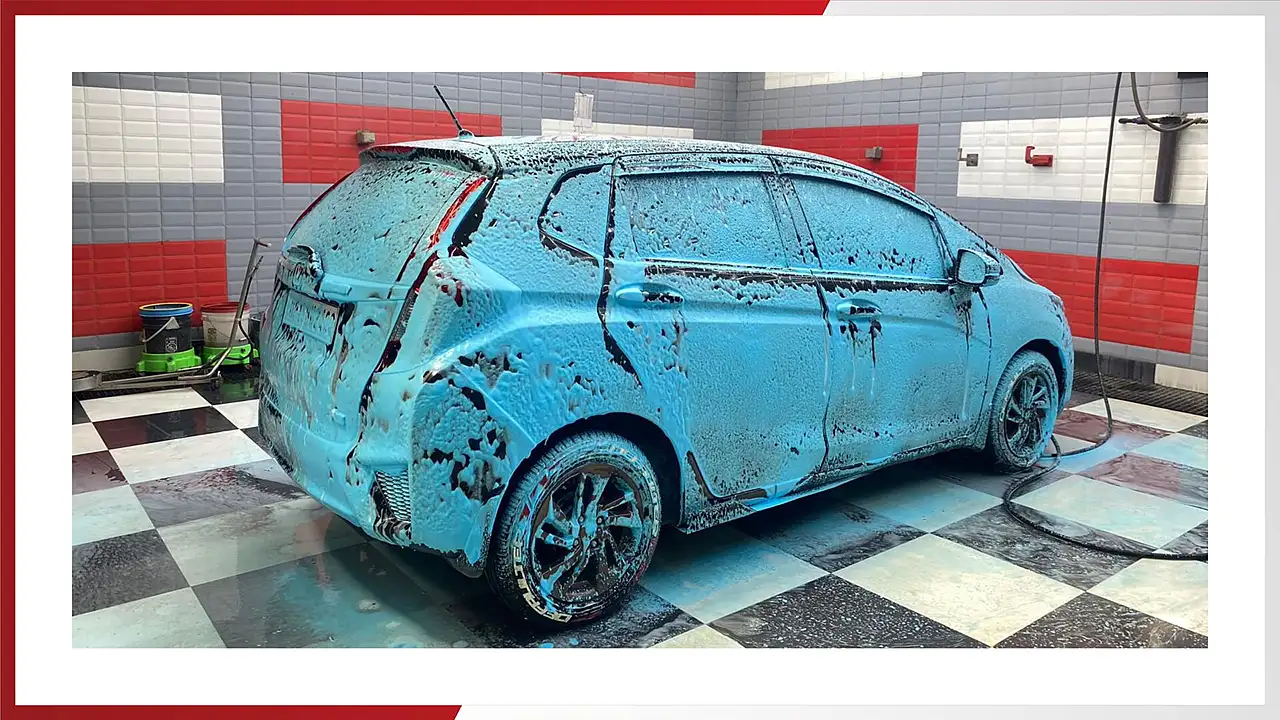
With environmental sustainability becoming a central concern across various industries, the car detailing sector in India is also adapting to this shift.
Kunal Sethi, CEO of The Detailing Mafia, sheds light on the movement towards eco-friendly cleaning products and practices that are redefining car detailing in the country.
Traditional Car Detailing
Traditional car detailing often relies heavily on chemical-laden products that are detrimental to both the environment and human health. Many of these products, including solvents like acetone and toluene, are volatile organic compounds (VOCs) that contribute significantly to air pollution. Additionally, petroleum-based waxes and polishes can release harmful hydrocarbons during application and heating. These substances have the potential to contaminate water sources, endanger wildlife, and cause a range of health issues such as asthma, bronchitis, and skin allergies for those handling them.
The detailing industry is recognising the need to move away from such harmful chemicals, not only to protect the environment but also to ensure the safety of detailers and customers. This shift is particularly important as the industry continues to grow, with an annual expansion rate of 8.5%, and is projected to become an INR 300 billion market in the coming years.
Transitioning To Eco-Friendly Alternatives
The rise in awareness and increased consumer spending on vehicle maintenance has driven the industry towards using sustainable alternatives like plant-based ingredients and biodegradable surfactants. By opting for these greener products, businesses can showcase their commitment to sustainability and attract a customer base that values environmental responsibility.

One such product is biodegradable car wash soaps, which break down naturally in the environment, thereby reducing harm to aquatic life. These soaps often contain plant-based surfactants that effectively clean vehicles without causing environmental damage.
Another alternative is the use of natural waxes and sealants, derived from plant-based oils and beeswax, which provide durable protection without the pollution typically associated with synthetic ingredients. Enzyme-based cleaners are also gaining popularity for their ability to break down organic matter without relying on harsh chemicals. These cleaners are ideal for tackling tough stains on upholstery and carpets.
Detailing Practices
Water conservation is a key focus, with high-pressure water guns featuring adjustable nozzles being used to reduce water usage during the cleaning process. Recycling water for tasks such as washing wheels and undercarriages can also play a vital role in conserving this precious resource.
Waste reduction is another critical practice, involving the use of reusable products and containers to minimise waste generation. Avoiding single-use plastics and opting for eco-friendly packaging can further reduce environmental impact. Proper disposal of waste materials, especially hazardous chemicals, is essential to ensure compliance with local regulations and prevent environmental contamination.
Embracing eco-friendly practices also enhances a business's reputation. A positive brand image attracts environmentally conscious customers, offering a competitive advantage in an increasingly eco-aware market. In the long run, using eco-friendly products can lead to cost savings by reducing waste and taking advantage of potential government incentives.